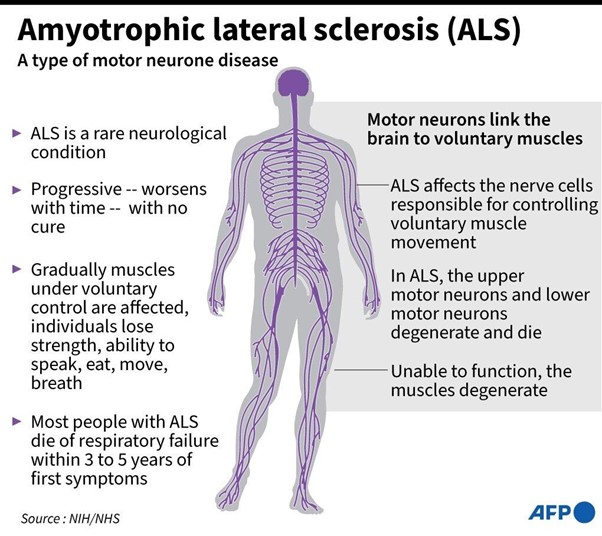A nurse begins to bathe a newly admitted client who reports that they have not had anything to eat that day. The nurse interrupts the bath and obtains a healthy meal for the client. This action by the nurse is an example of which of the following?
Promoting trust
Countertransference
Boundary crossing
Veracity
The Correct Answer is A
The correct answer is A. Promoting trust. Trust is essential for establishing a therapeutic relationship with the client and facilitating their recovery. The nurse demonstrates trustworthiness by responding to the client's needs in a timely and respectful manner, and by providing them with a healthy meal that meets their nutritional requirements.
Nursing Test Bank
Naxlex Comprehensive Predictor Exams
Related Questions
Correct Answer is C
Explanation
Choice A option:
Dietitian should not be consulted: The dietitian is an essential team member and will work closely with the client to ensure proper nutrition and dietary management. However, in the context of dysphagia, the speech-language pathologist's expertise is needed to determine safe swallowing strategies and food modifications.
Choice B option:
Physical therapist should not be consulted: The physical therapist focuses on maintaining and improving the client's physical function and mobility. While important in ALS management, the physical therapist's role is not directly related to the immediate issue of dysphagia.
Choice C option:
The speech-language pathologist is the correct answer because it specializes in assessing and treating communication and swallowing disorders. In this case, the speech-language pathologist is essential in evaluating the client's swallowing function, recommending appropriate dietary modifications (texture and consistency of foods), and implementing swallowing exercises or strategies to improve swallowing safety.
Choice D option:
Occupational therapist should not be consulted: The occupational therapist assists clients in regaining or maintaining independence in daily living activities. While the occupational therapist may address some aspects of mealtime activities and adaptive strategies, the speech-language pathologist is more specialized in evaluating and treating swallowing difficulties in clients with ALS.

Correct Answer is A
Explanation
Choice A rationale:
This action requires intervention by the nurse. Antiembolic stockings should be smooth and free of creases to ensure even pressure distribution along the legs. Creases, especially if on the front of the legs, can lead to areas of increased pressure, which might compromise circulation and increase the risk of skin breakdown or clot formation.
Choice B rationale:
Applying the stockings before the client gets out of bed is correct. Antiembolic stockings should be applied before the client gets out of bed to prevent blood from pooling in the legs, which can help reduce the risk of deep vein thrombosis (DVT).
Choice C rationale:
Asking the client to point their toes before applying the stockings is a correct action. This helps in the proper fitting of the stockings and ensures they are applied smoothly without causing discomfort.
Choice D rationale:
Turning the stockings inside out (at least down to the heel) before applying them is a common technique to make it easier to position the stocking on the foot and leg properly. This method helps avoid excessive stretching of the stocking and ensures a better fit.
Whether you are a student looking to ace your exams or a practicing nurse seeking to enhance your expertise , our nursing education contents will empower you with the confidence and competence to make a difference in the lives of patients and become a respected leader in the healthcare field.
Visit Naxlex, invest in your future and unlock endless possibilities with our unparalleled nursing education contents today
Report Wrong Answer on the Current Question
Do you disagree with the answer? If yes, what is your expected answer? Explain.
Kindly be descriptive with the issue you are facing.
